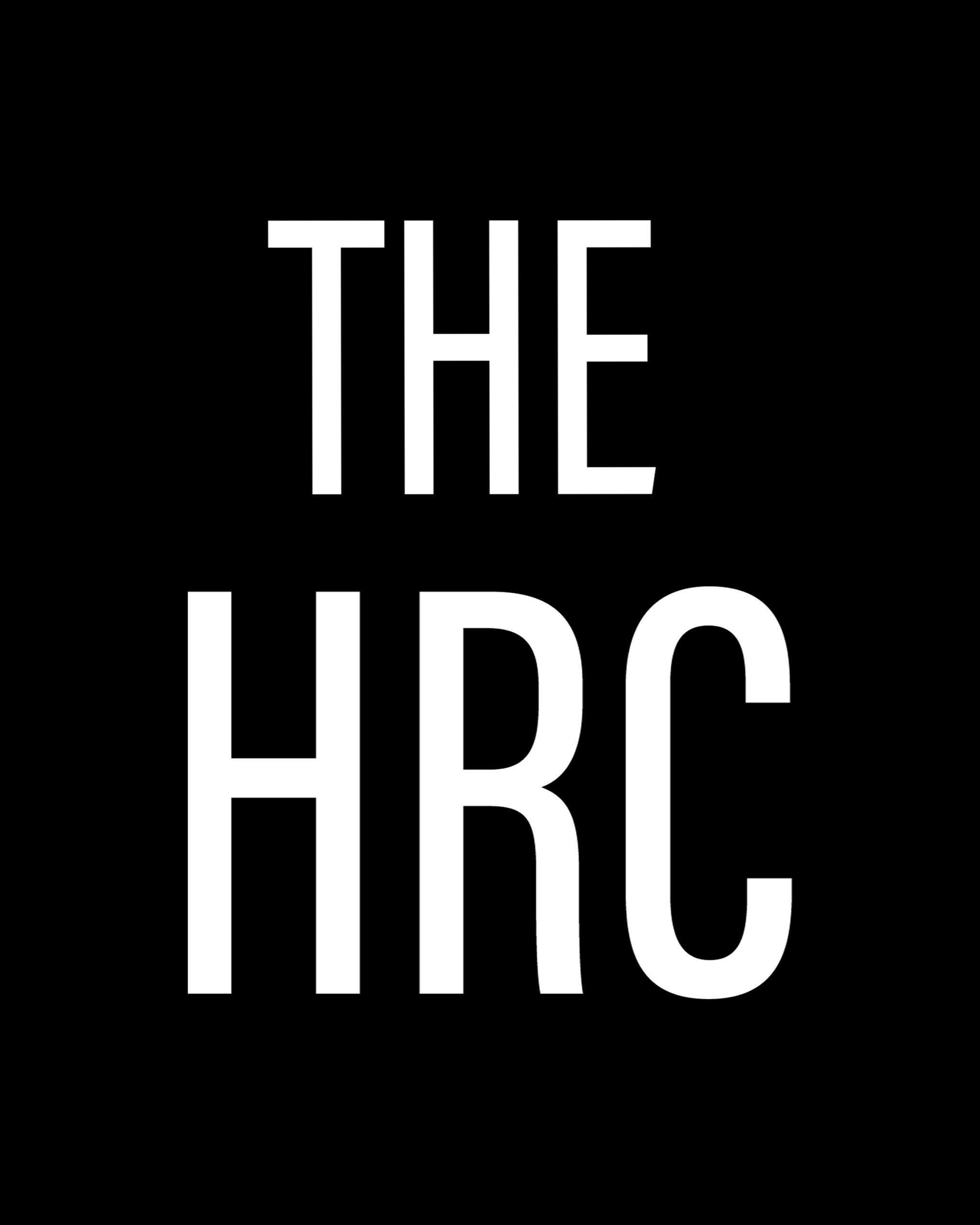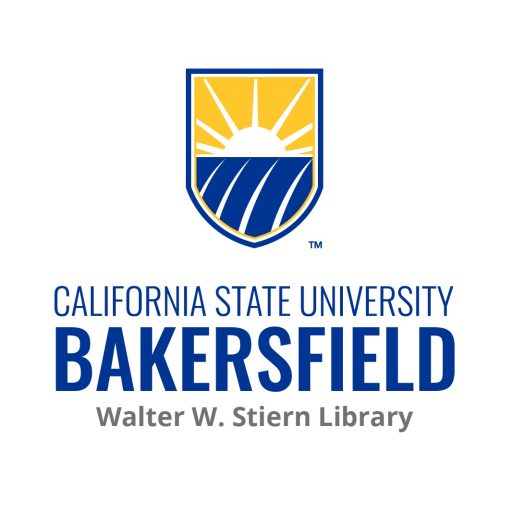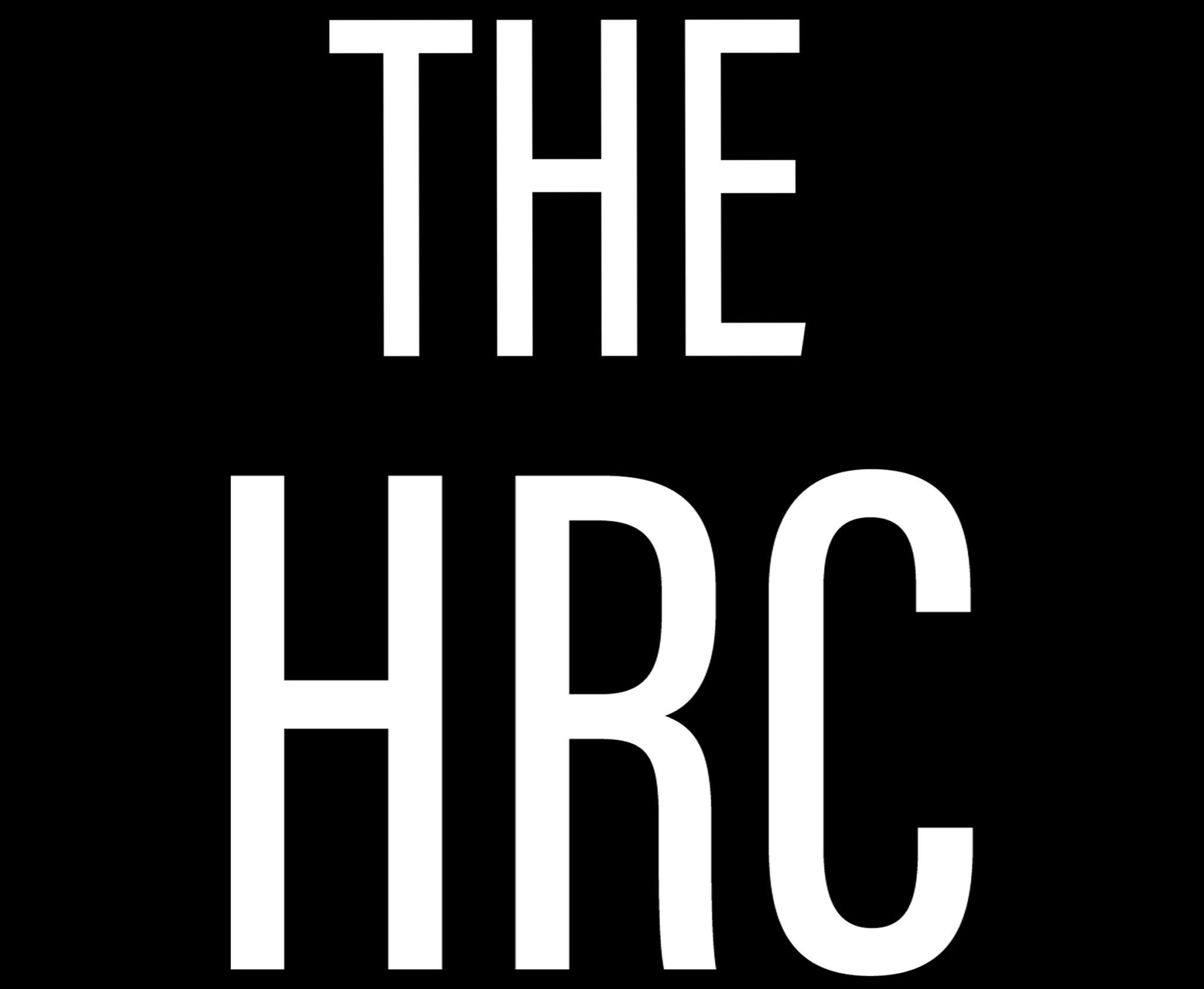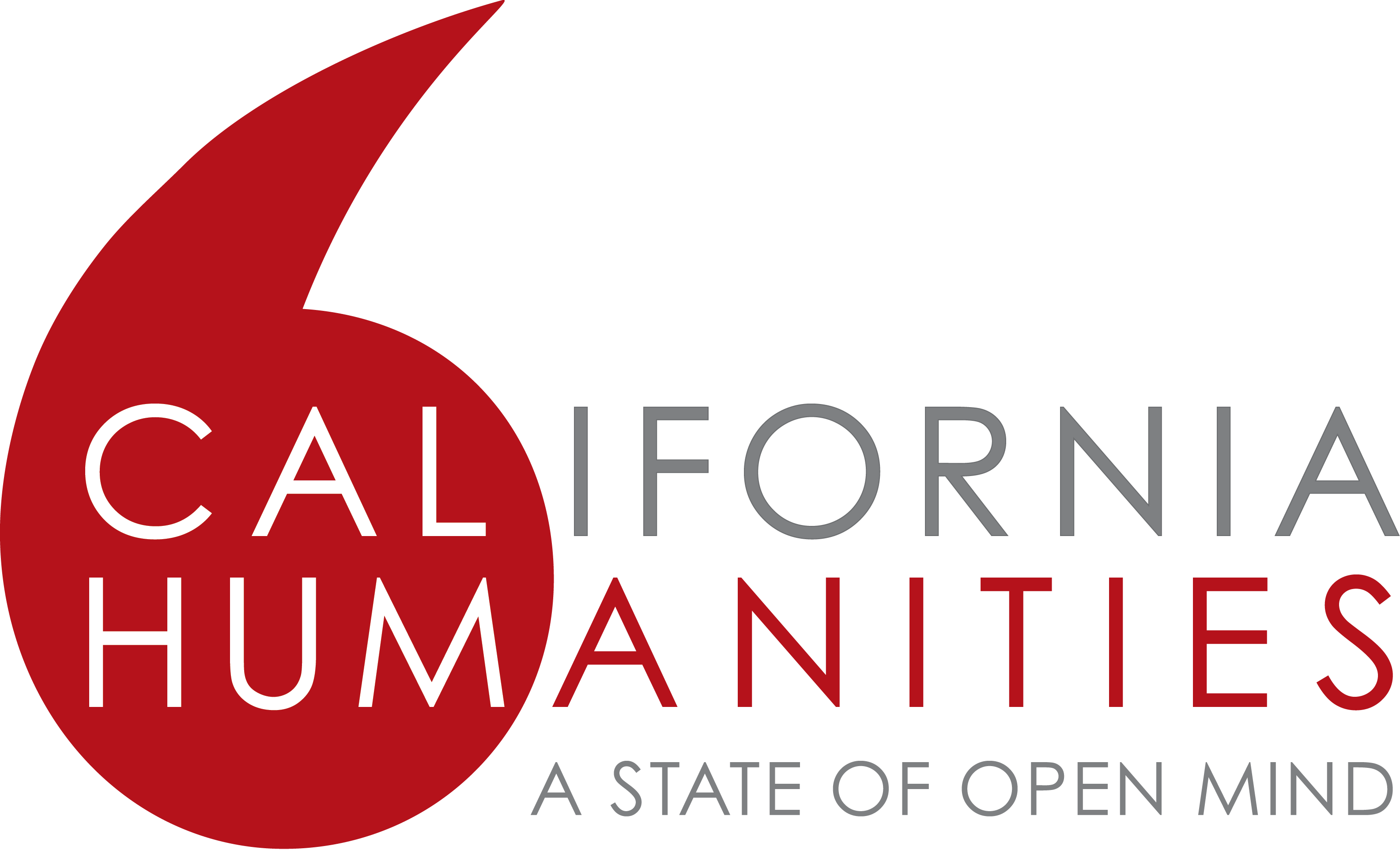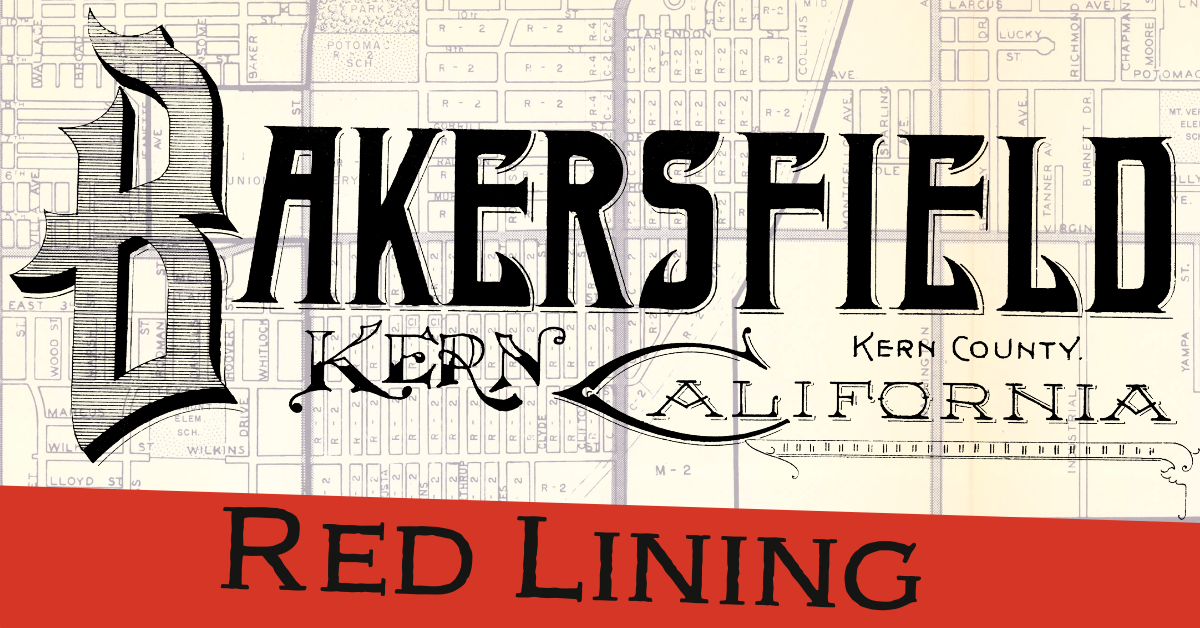
About Exhibits Meet the Team Events Race Restrictions in Housing
America’s Newest Cities: Housing and “Red Lining” in California’s Central Valley
The Historical Research Center at the Walter Stiern Library on the Campus of California State University, Bakersfield RECEIVES GRANT AWARD FROM CALIFORNIA HUMANITIES.
(Bakersfield, Calif) – California Humanities has announced the recent round of Humanities For All Quick Grant awards. The Historical Research Center at the Walter Stiern Library has been awarded $5,000 for its project entitles “America’s Newest Cities: Housing and ‘Redlining’ in California’s Central Valley.
The Humanities for All Quick Grant is a competitive grant program of California Humanities that supports locally-initiated public humanities projects that respond to the needs and interests of Californians, encourage greater public participation in humanities programming, particularly by new and/or underserved audiences, and promotes understanding and empathy among all our state’s peoples in order to cultivate a thriving democracy.
The story of Housing in the California’s Central Valley has been one of exclusion, isolation, and destruction. “America’s Newest Cities” is a public humanities project that examines the history and development of “red-lining” and housing discrimination in California’s Southern Central Valley, more specifically in Bakersfield and Kern County. Building on a web initiative which was started in 2022 by the Historical Research Center (HRC) (https://hrc.csub.edu/housing-history/), the project will trace the formation of housing policy, discrimination, and its effects, and show how it developed in a parallel fashion within California and in the United States. This project was made possible with support from California Humanities, a non-profit partner of the National Endowment for the Humanities. Visit www.calhum.org . Funding supports public programming and a public gallery exhibit tracing this history as well as providing a critical analysis of its effects.
“America’s Newest Cities” will increase community engagement with the humanities through:
- public lectures and community conversations
- interactive exhibits
- classroom presentations
Key project collaborators include:
- Christopher Livingston (Director, Historical Research Center, Walter W. Stiern Library, CSU, Bakersfield)
- Donato Cruz (Processing Archivist and Research Analyst, Walter W. Stiern Library, CSU, Bakersfield)
- Oliver Rosales (Professor of History, Bakersfield College)
“California Humanities is excited to welcome our newest round of Quick Grant awards,” said the organization’s new President CEO Rick Noguchi. “In addition to using a variety of mediums to creatively engage new and long-standing audiences, these projects are also providing a unique humanities lens for discussing California histories and cultures, and important community issues.”
A complete list of all Humanities For All Quick Grants can be found on the calhum.org website here.
California Humanities, a nonprofit partner of the National Endowment of the Humanities, promotes the humanities – focused on ideas, conversation and learning – as relevant, meaningful ways to understand the human condition and connect us to each other in order to help strengthen California. California Humanities has provided grants and programs across the state since 1975. To learn more visit calhum.org, or follow California Humanities on Facebook, Twitter and Instagram.
*Any views, findings, conclusions, or recommendations expressed in this website do not necessarily represent those of California Humanities or the National Endowment for the Humanities
